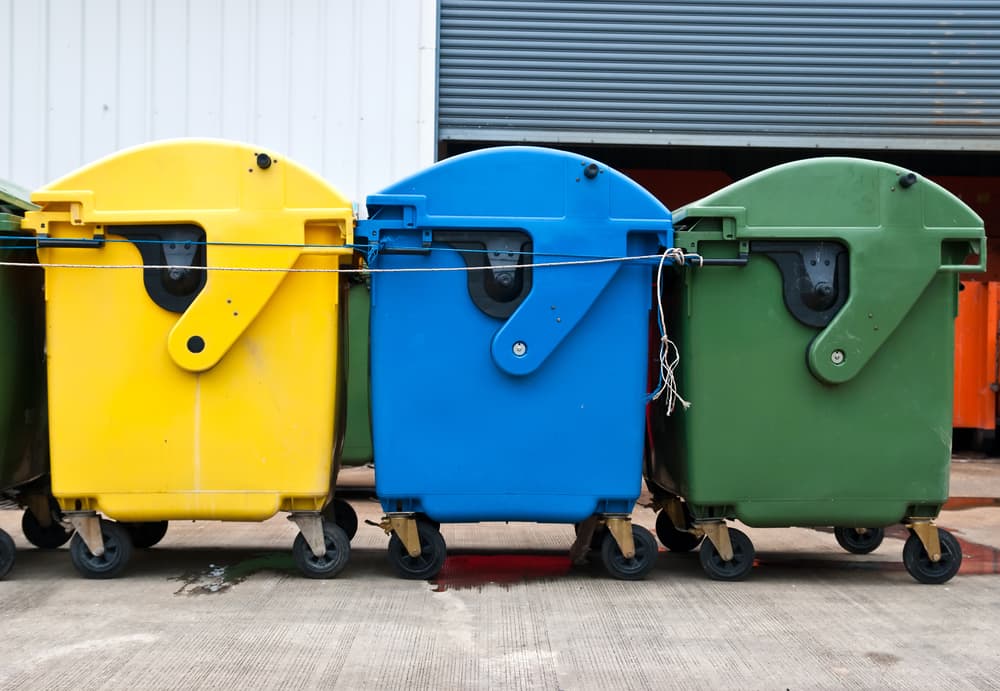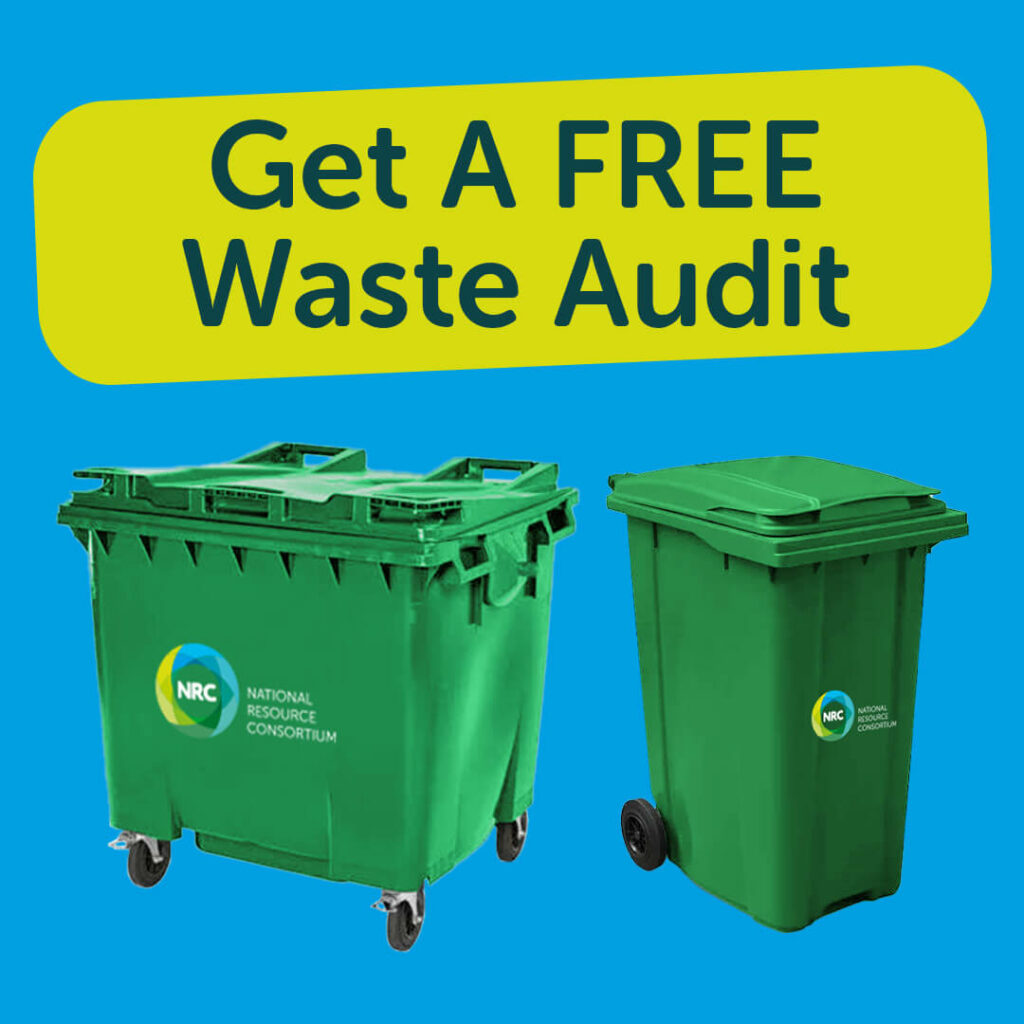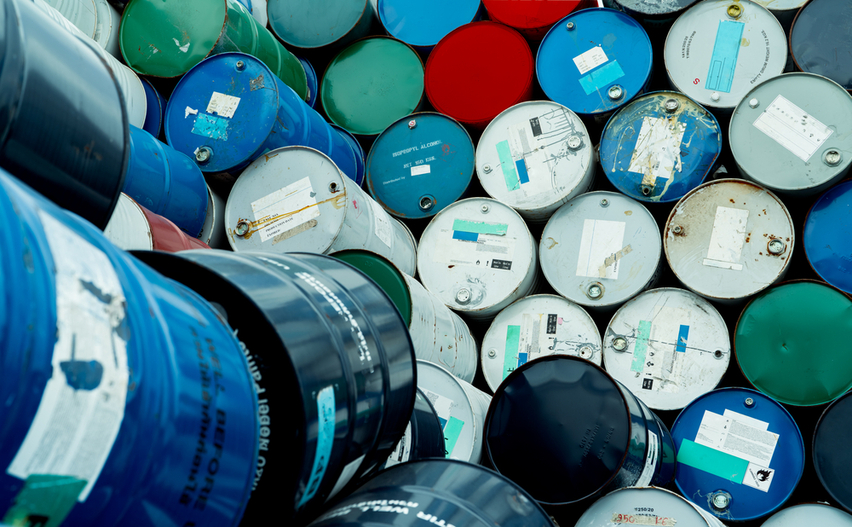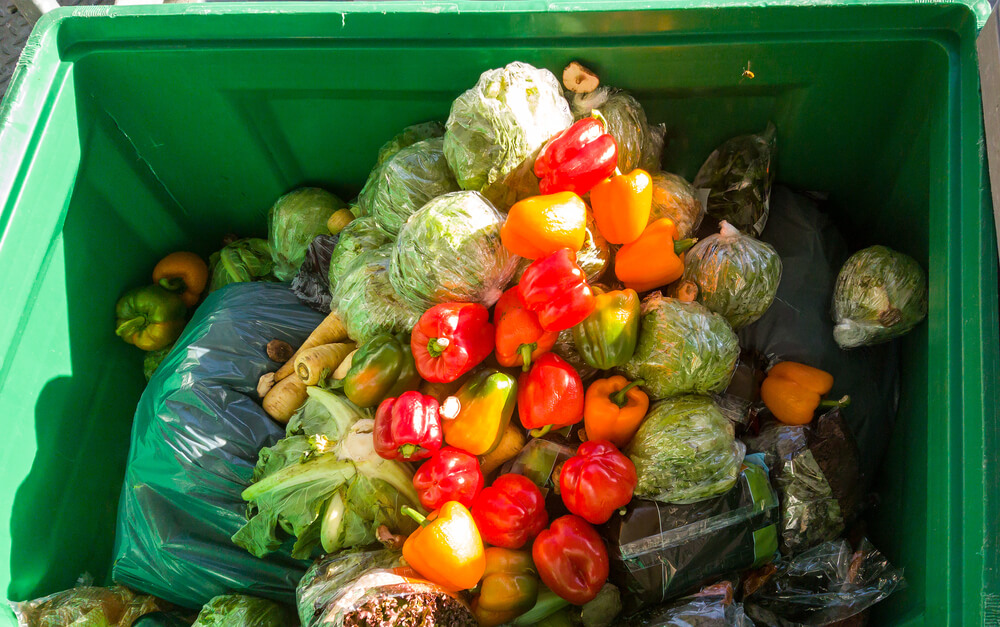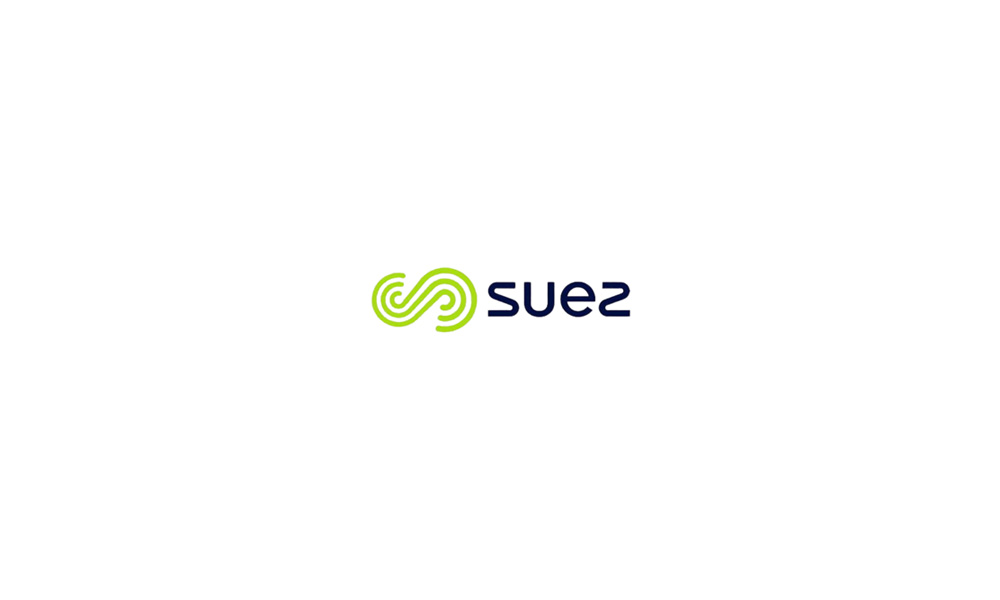May 9th, 2024

Seismic changes to the separation of recyclable materials are coming into force in Wales, which will mean that from 04 April 2024 workplaces will have to separate their waste in the way that most Welsh households currently have to.
Designed to improve the quality of waste collected, and therefore the quantity which can be recycled and reused in the circular economy, Natural Waste Wales is ending the option for businesses to use Mixed Recycling collections.
It means that specialists in waste services, including those that receive, store, treat or transport waste, will no longer be able to provide this service. Instead, they will have to develop and implement new services and solutions to keep waste streams segregated.
What do you need to know?
The changes in legislation will put the onus on businesses, the public and third sector to separate out waste into separate containers and bins for:
- food, where more than 5kg of food waste are produced in a week
- paper and card
- glass
- plastic, metal, cartons and other fibre-plastic composite packaging
- unsold small waste electrical and electronic equipment (sWEEE)
- unsold textiles
It will also place a ban on:
- separately collected waste going to incineration plants and landfills
- wood waste going to landfill
- food waste being disposed on via the sewers (eg via use of macerators)
A costly change?
The change has implications on several levels.
For both waste producers and collectors new, defined and segregated commercial bins and containers will become necessary.
For commercial waste collectors and processors, facilities will need to be re-configured or retro fitted so that they meet the treatment requirements for the newly segregated materials.
The problem here is that over the last 20 years, many Welsh contractors have invested in the development of recycling facilities designed to treat mixed recycling materials. This change will inevitably result in increased costs as materials that are currently recycled within the mixed recycling stream will need to be collected, segregated and treated separately. Such changes are not cheap.
In some cases, contractors will choose not to collect certain materials where the cost of service delivery is considered to be commercially unviable. In this case, businesses will need to source new contractors. The concern here is that reduced market competition could result in spiralling costs for businesses, especially those that fail to shop around.
In all cases the changes will require customers to source additional services for the newly segregated materials, which will result in new and separate charges for each material.
Adapting to change – what do you need to do?
Businesses will need to look closely at the waste that they produce. This will help to ensure that they have the right service in place from their waste collector.
Commercial operations of all sizes will also need to ensure that both staff and visitors have a clear understanding of what waste goes into which bin. Failure to do so could result in fines which are designed to ensure that the process is taken seriously; Wales has targets to reach zero waste and reduced carbon emissions by 2050.
For businesses located in more traditional properties, in older towns, or in cities where space for waste containers is already limited, the changes will create new challenges.
To be compliant, all businesses will have to consider carefully how best to store waste inside and outside of their buildings, before it can be collected. Inevitably, more space will be necessary to make room for more bins and containers of different designated types.
Good news on the horizon?
The changes by Wales are not unprecedented and they will help to increase recycling, but they are less flexible than elsewhere. Scotland introduced similar changes in 2014. Here businesses are required to recycle in the same way as in Wales, but they have the option to mix materials into one container, so long as they are recycled. Food waste has to be segregated.
This change was adopted by all businesses successfully and operates very effectively north of the border. However, Wales’ more draconian measures could be in for a rougher ride.
The key difference is that Scottish businesses have flexibility where they have small volumes of different waste material types or have limited storage space, which makes having one bin more practical. This provides a more cost-effective solution, which still promotes the recycling of all materials.
The jury is out on whether Wales’ more radical approach will succeed as swiftly. There could be pain ahead.
How can we help at National Resource Consortium?
We’re acting swiftly to accommodate these changes. NRC will be working closely with its partner members and customers to develop and implement solutions that meet the new Welsh regulations. This will mean businesses can implement the changes they need to without fear of facing fines. This will include the provision of new waste containers and service schedules that will provide a seamless service from April 2024 on.
If you have questions about the new Natural Waste Wales regulations, please reach out to speak to one of our experts today. We’re here to help. Call 0845 2996292 or email [email protected].
